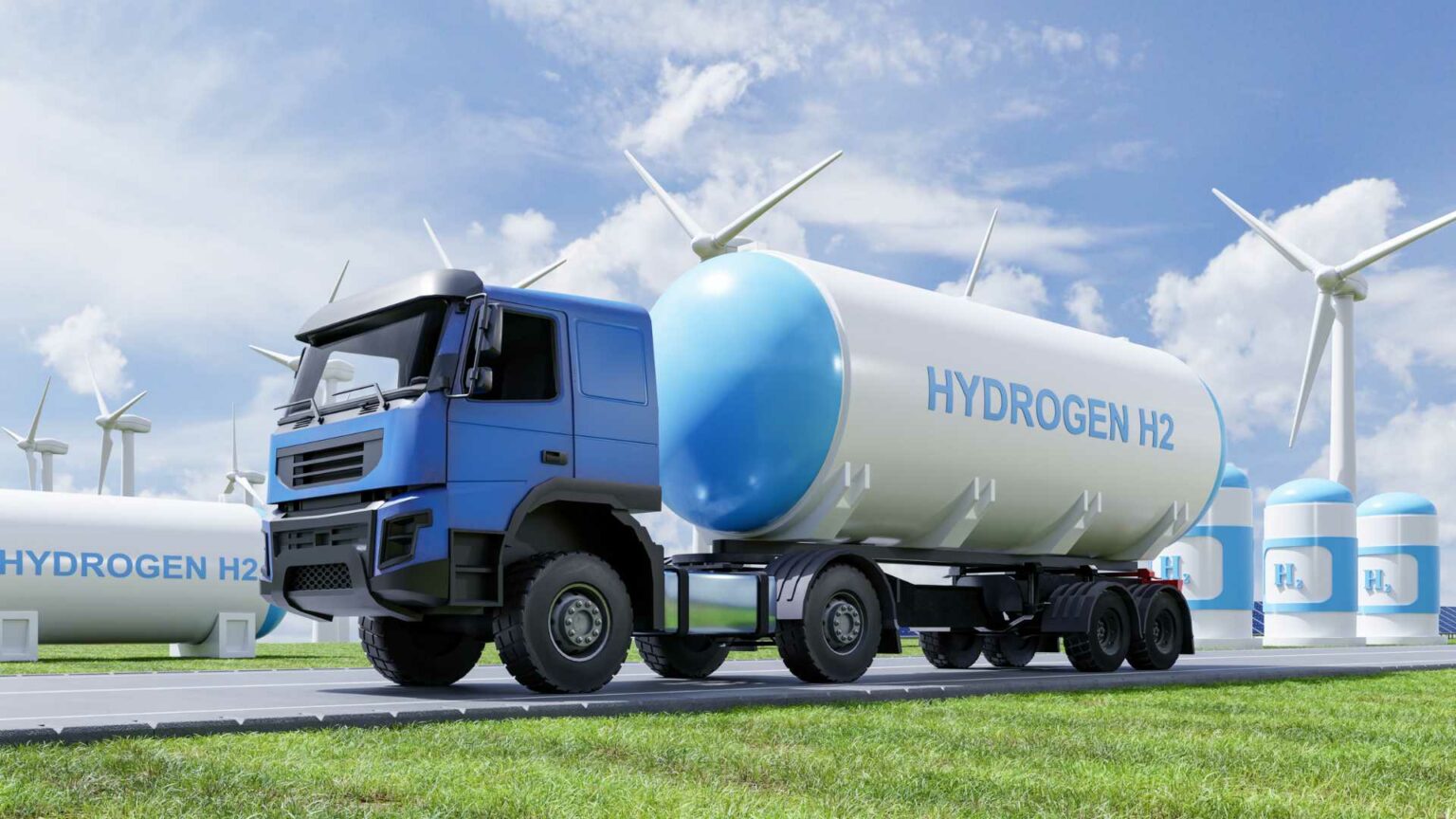Automotive giant General Motors (GM) is set to collaborate with Autocar Industries based in Birmingham, Alabama, to spearhead the development of a new line of heavy-duty vocational trucks powered by hydrogen fuel cells.
This partnership marks Autocar Industries as the second truck manufacturer to collaborate with GM on the development of hydrogen fuel cell-powered commercial vehicles. GM is concurrently engaged with Navistar, working on incorporating its Hydrotec power cubes into a hydrogen fuel cell version of Navistar’s International RH Series.
The first vehicles born from the GM-Autocar collaboration are expected to roll off the production line in 2026 at Autocar’s manufacturing facility in Birmingham, Alabama. These vehicles, featuring GM’s Hydrotec technology, will be tailor-made by Autocar to meet the specific requirements of customers.
GM’s Hydrotec power cube, the technological heart of these heavy-duty trucks, comprises 300 individual hydrogen fuel cells. The current generation of these power cubes boasts a net power production capacity of 77 kW, with the flexibility to amplify power ratings by combining multiple power cubes within a single vehicle.
The fuel cells themselves are characterized by their lightweight nature, enabling these trucks to carry substantial payloads. This design results in exceptional range, quiet operation, and swift refueling—an essential trio for the demands of heavy-duty vocational applications.
Eric Schwartz, President of Autocar, emphasized the role of Hydrotec fuel cells in helping Autocar customers meet the U.S. Environmental Protection Agency’s stringent requirements, particularly in achieving zero tailpipe emissions. Autocar, known for providing customized vocational trucking solutions, sees hydrogen fuel cells as a crucial avenue to navigate evolving regulations.
Autocar’s existing lineup of four models, including the ACX cabover severe duty truck, the ACTT terminal tractor, the DC-64 conventional severe duty truck, and the ACMD medium- and heavy-duty cabover, is set to expand with the introduction of hydrogen fuel cell-powered variants.
The initial focus of this venture will be on manufacturing hydrogen fuel cell-powered cement mixers, roll-off and dump trucks, which share a common architecture. Subsequently, refuse trucks and terminal tractors will follow suit, broadening the spectrum of hydrogen-powered options for various vocational applications.
GM’s venture into commercial vehicles powered by hydrogen started with a partnership with Navistar in 2021, focusing on the RH Series fuel cell semi. The tractor, expected to offer a range exceeding 500 miles and a refueling time of under 15 minutes, is poised to bring hydrogen-powered transport to the forefront. While the initial pilot trials were slated for the end of 2022, updates on the commencement of production remain pending.
As GM and Autocar collaborate to bring hydrogen fuel cell-powered trucks to the roads, this initiative holds the promise of transforming the landscape of heavy-duty transportation. With a keen focus on sustainability, emission reduction, and cutting-edge technology, this partnership signifies a pivotal moment in the ongoing evolution of eco-friendly commercial vehicles. The prospect of zero-emission heavy-duty trucks underscores the commitment of both companies to drive innovation in the automotive industry.
As these heavy-duty hydrogen-powered trucks start their journey in 2026, the roads ahead might witness a revolutionary shift in the way we perceive and execute vocational transportation.
